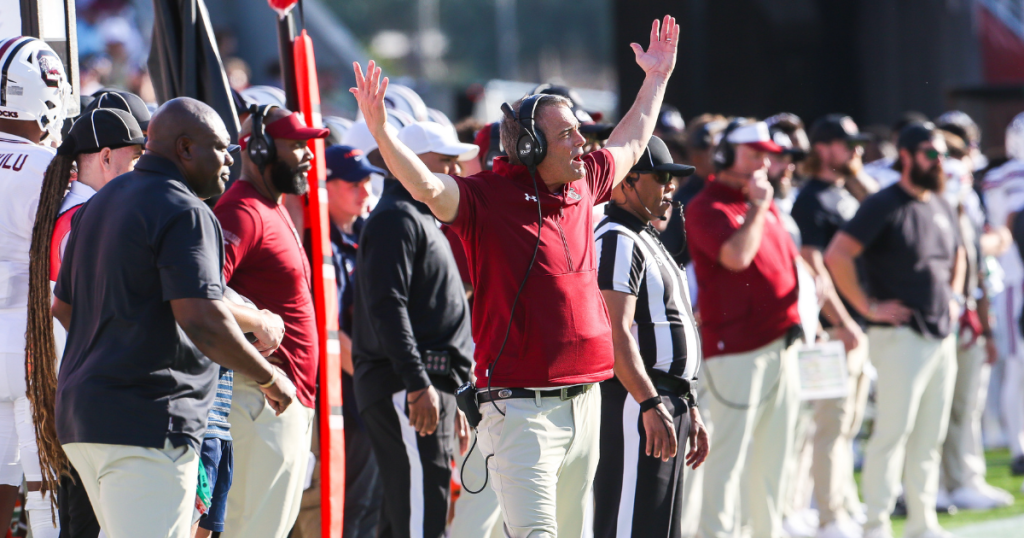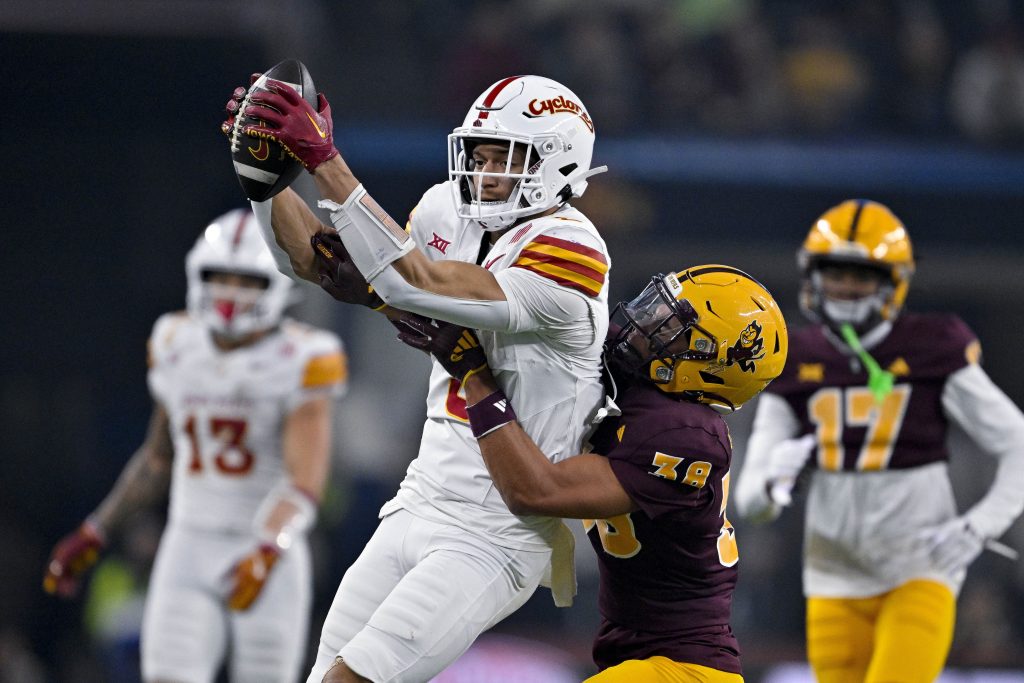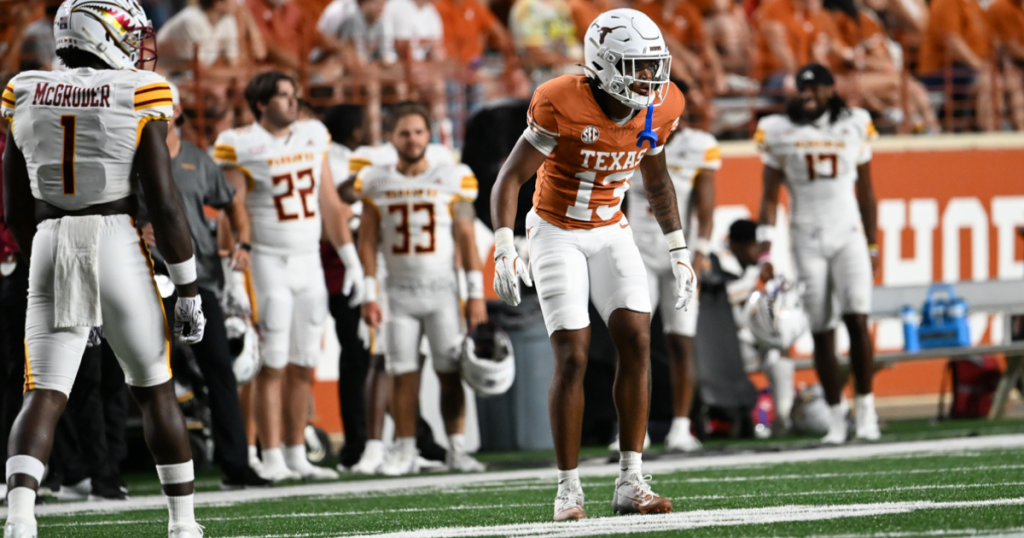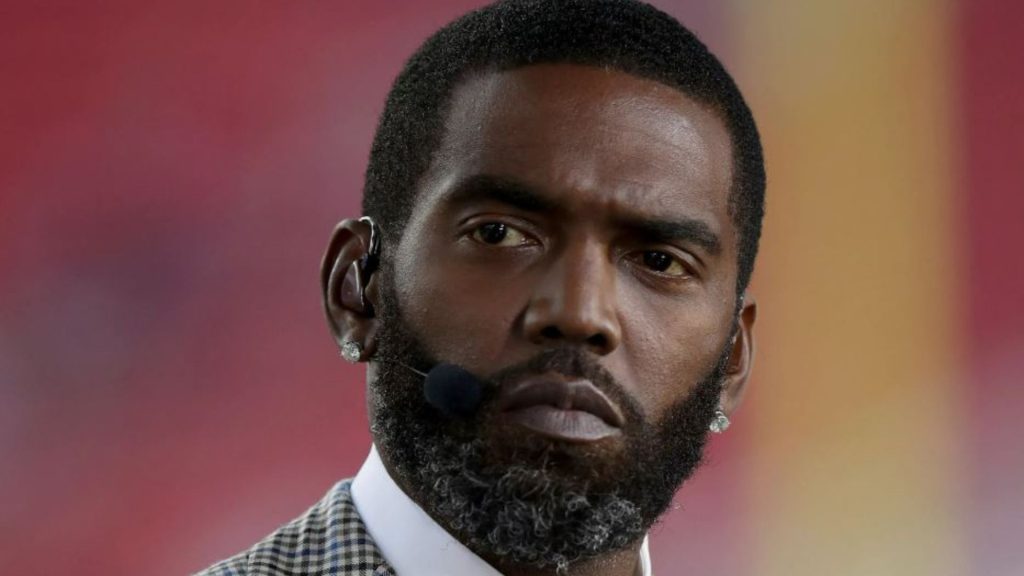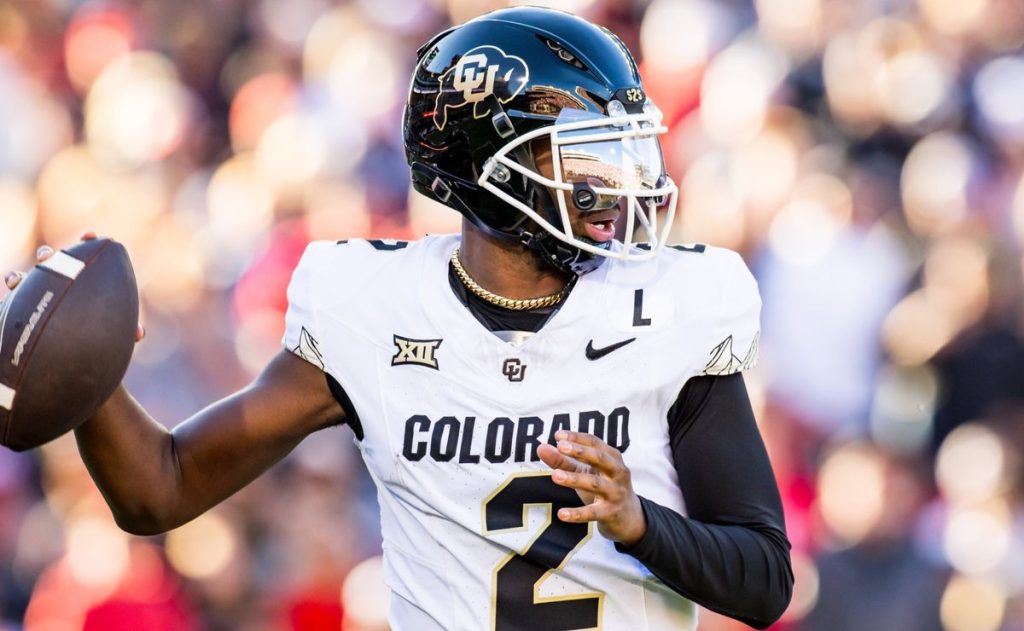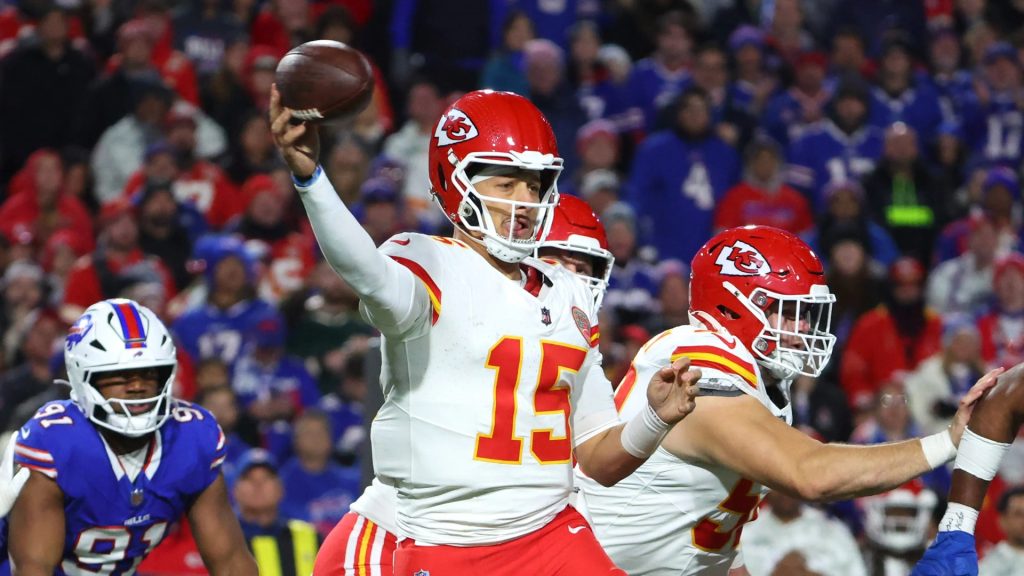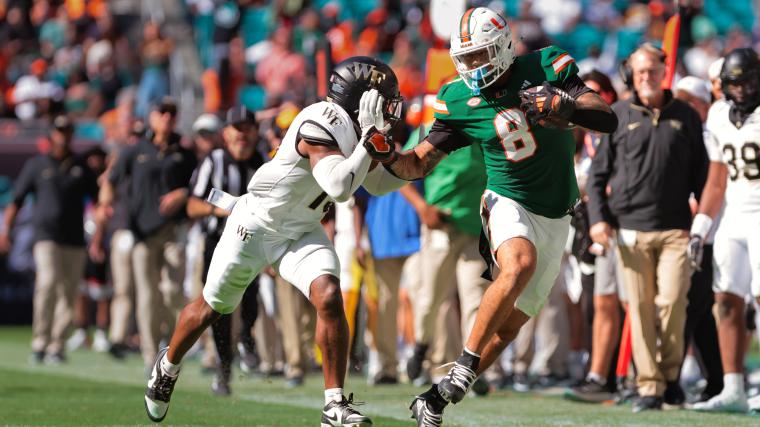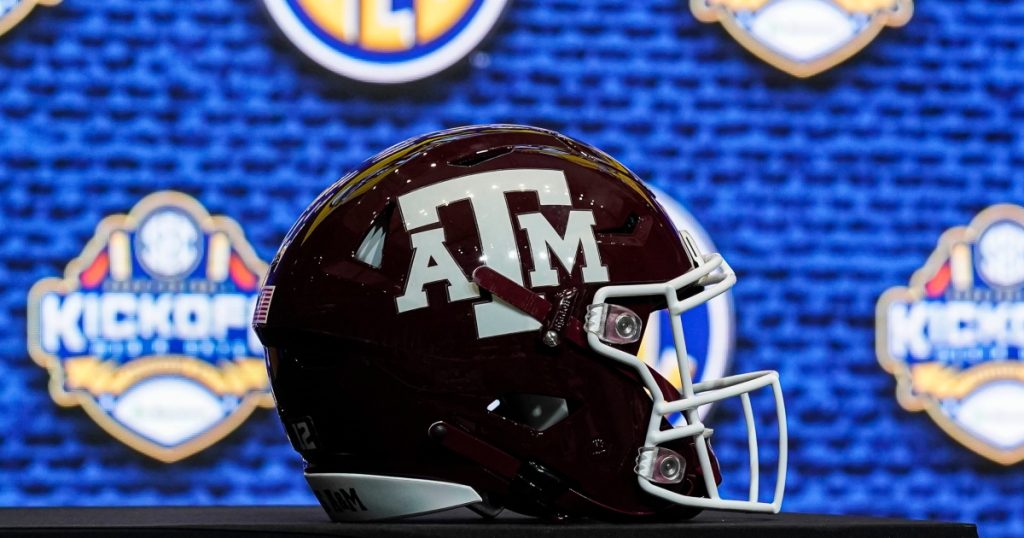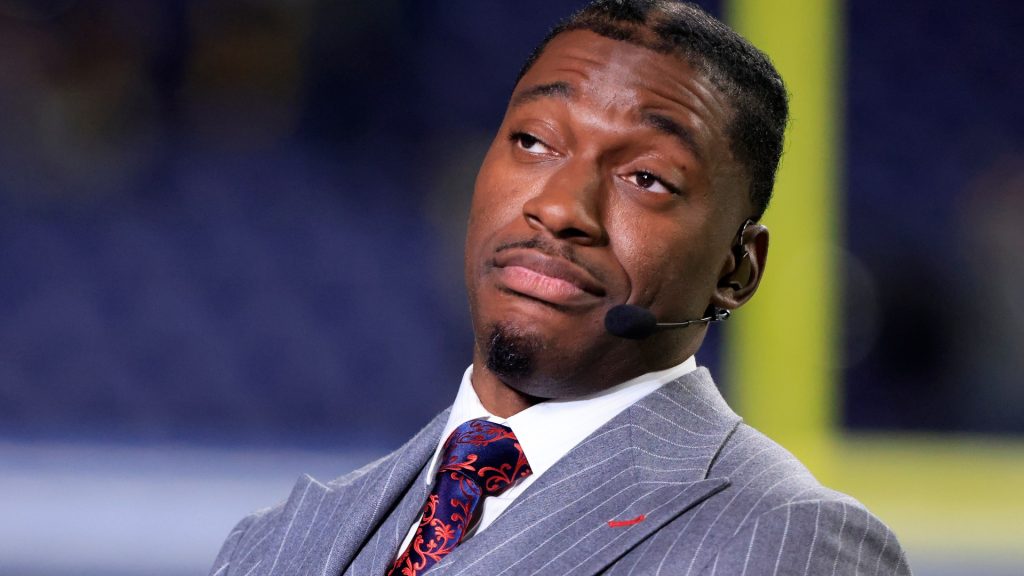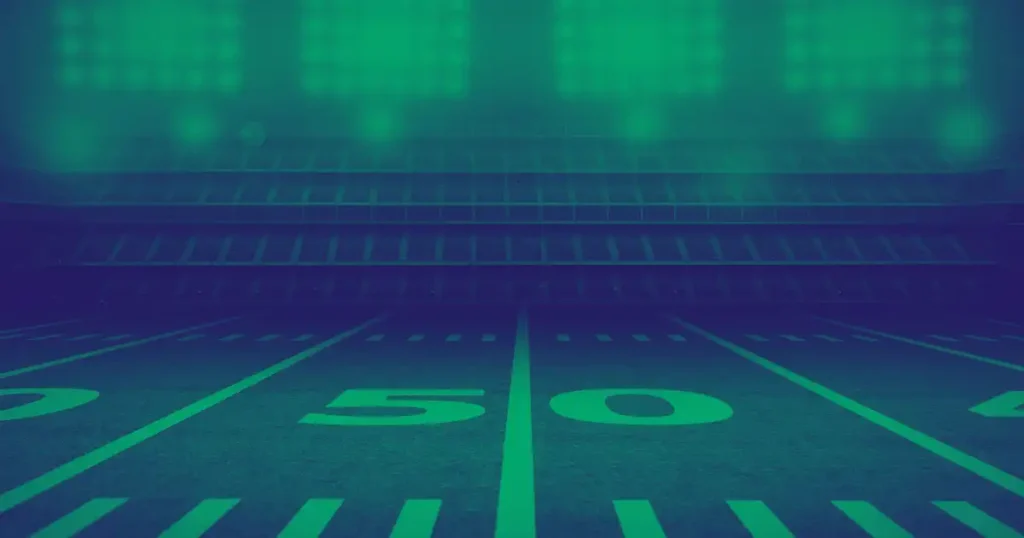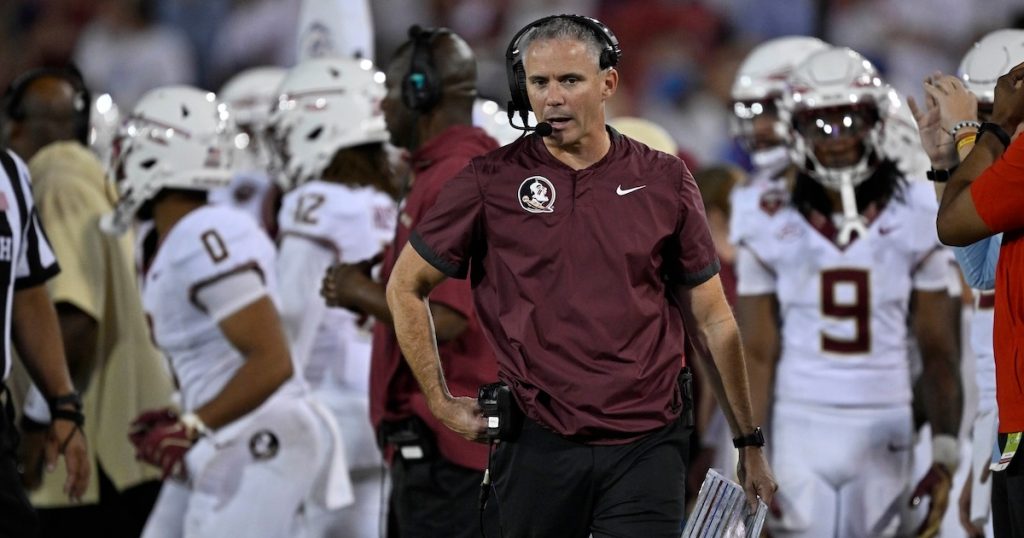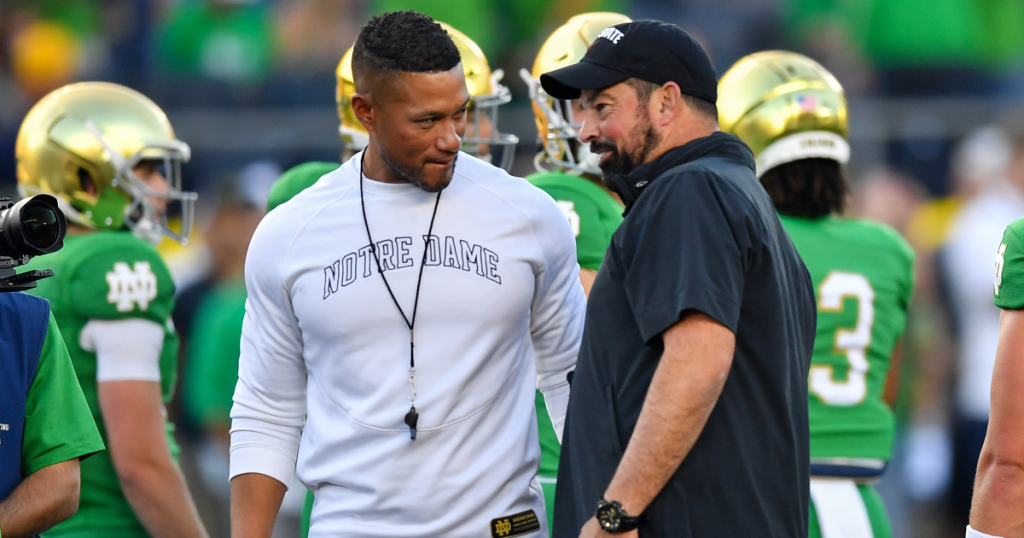In the recent Cheez-It Citrus Bowl clash between Illinois and South Carolina, the officiating stirred up a whirlwind of discussion among fans and players alike. With the stakes high, the calls made by the officials significantly influenced the rhythm and outcome of the game, leaving Coach Shane Beamer with plenty to ponder in the post-game press conference.
Shane Beamer’s Perspective on Officiating
After the game, Beamer was quick to address the elephant in the room. He emphasized that while he wasn’t blaming the officiating for the loss, he did notice some inconsistencies that could have impacted his team’s performance. “Look, we got beat,” he stated candidly. “But there are some inconsistencies in how things are done from league to league. How some conferences interpret substitution rules and how other conferences do it. Today was the Big 12. It’s a little bit different than what the SEC has been.”
This statement highlights the ongoing challenges teams face when transitioning between different officiating styles. The SEC has its own set of rules and interpretations, and when faced with a Big 12 crew, it can lead to confusion on the field. Beamer pointed out that while his team also utilizes late substitutions to manage the clock, the way it was handled in this game felt different.
Impact of Late Substitutions
Illinois seemed to take full advantage of South Carolina’s struggles with substitutions. By exploiting late changes, the Fighting Illini effectively ground down the play clock, putting the Gamecocks in a precarious position. This strategy not only disrupted South Carolina’s rhythm but also forced them to burn timeouts—a costly move in a tightly contested game.
Beamer noted, “If a team subs late in the play clock, we will sub and try and run the play clock down. It was happening a lot today.” He expressed concern about the frequency of substitutions and how they were managed, suggesting that the officials might have been inconsistent in their enforcement of the rules. “It seemed like there was a lot of subbing, and then subbing again. It’s just a little different,” he added, indicating that this aspect of the game was frustrating for his team.
Communication Breakdown at the Line of Scrimmage
Another critical point raised by Beamer was the communication at the line of scrimmage. He explained that when the defense yells “Move,” it often leads to a shift in the players, which can be a tactical advantage. However, during the game, South Carolina faced penalties that seemed to contradict this practice.
“A big thing of what we do is when the defense yells ‘Move’ on the line of scrimmage and you stem and move,” he elaborated. “We did it on defense on the first drive of the game and we got called for delay of game on defense. And then late in the game when we were down there in the red zone, they did ‘Move’ and our guy jumped. But we got called for it. So it’s just the inconsistencies.”
This inconsistency in officiating can be particularly frustrating for coaches and players, as it affects their ability to execute their game plan effectively. Beamer’s observations shed light on the complexities of officiating in college football, where different conferences have varying interpretations of the same rules.
Looking Ahead: What’s Next for South Carolina?
Despite the challenges faced during the Citrus Bowl, Beamer made it clear that he wasn’t using officiating as a scapegoat for the loss. “Illinois simply made more plays than South Carolina throughout the course of the game,” he said. This acknowledgment reflects a level of professionalism and accountability that is crucial in the world of college football.
As the Gamecocks look to regroup and prepare for future matchups, Beamer’s insights into the officiating will likely serve as valuable lessons. The team will need to refine their communication and substitution strategies to ensure they are better prepared for the varying officiating styles they may encounter.
Final Thoughts on Officiating in College Football
In the high-stakes environment of college football, officiating can often become a focal point of discussion. With each game presenting its own unique challenges, coaches like Beamer must navigate not only their opponents but also the intricacies of the rules and how they are enforced.
As fans, we can appreciate the passion and dedication that players and coaches bring to the field. The Cheez-It Citrus Bowl was a testament to the unpredictable nature of college football—where every call can change the course of the game and where teams must adapt to the ever-evolving landscape of officiating.
In the end, the Gamecocks will take these experiences into their next game, looking to learn and grow from the challenges they faced. After all, that’s what college football is all about: resilience, adaptation, and the relentless pursuit of victory.

